- Retaliatory Benin Expedition of 1897
- Bandits killed 30 in northwest Nigeria attack
- Islamist group, ‘Ansaru’ attacked a camp, killed a guard and abducted seven foreign workers
- Kaduna Governor, Nasir El-Rufai’s birth date
According to H.G. Wells, catastrophe and education are increasingly competing for human history’s attention.
History really is like one’s favorite dish. The need and urge increase as we consume more. We must be actively motivated by the narratives of each day as we reflect on historical events that have either harmed or brought our nation back.
Four significant events that occurred on February 16th in Nigerian history were highlighted by WITHIN NIGERIA in an effort to raise awareness for educational purposes.
Retaliatory Benin Expedition of 1897
The punitive Benin Expedition resulted in the complete capture of Benin City on this day, 16 February 1897.
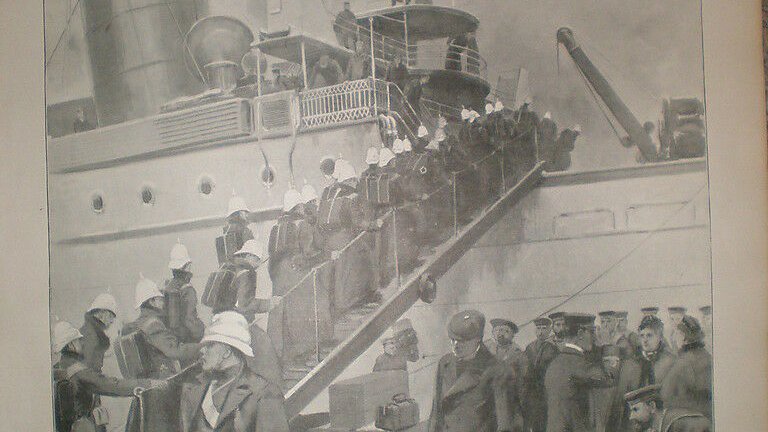 A British army of 1,200 soldiers comprising Royal marines, sailors and over 5,000 Niger Coast Protectorate Forces, all led by Admiral Sir Harry Rawson launched the Benin Mission in 1897 as a retaliatory expedition after a previous invasion force led by Acting Consul General James Philips was routed (which had left all but two men dead).
A British army of 1,200 soldiers comprising Royal marines, sailors and over 5,000 Niger Coast Protectorate Forces, all led by Admiral Sir Harry Rawson launched the Benin Mission in 1897 as a retaliatory expedition after a previous invasion force led by Acting Consul General James Philips was routed (which had left all but two men dead).
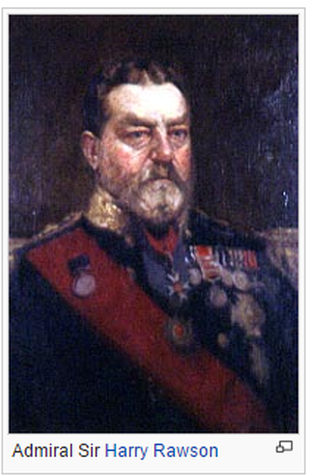
Benin City was taken, set on fire, and looted by Rawson’s men, who also put an end to the Benin Kingdom in west Africa. The Benin Bronzes and other works of art were among the looted and/or moved to Britain as a result.
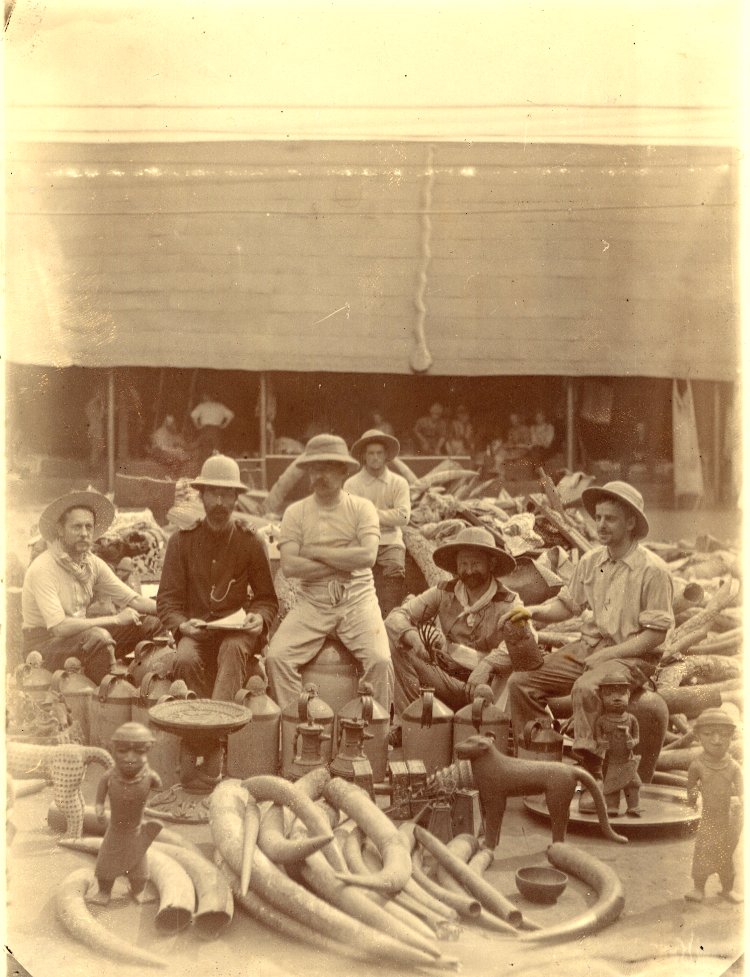
Retaliatory Benin Expedition of 1897 lasted for 5 weeks, many survival were ill for years to come and some for the rest of their lives while no true figures of casualties exist. Black troops did most of the fighting and were at the front of the advances. As they fell they were simply stepped over and left where they fell. No reliable record was kept by the British on how many of them were killed in action (Roth, 1903).
Benin casualties were hurriedly dumped in mass graves across Benin City as the people fled (Bacon,1897; Moor, 1897; Rawson, G, 1914; Roth, 1903).
Bandits killed 30 in northwest Nigeria attack
According to police, on this day, February 16, 2020, armed gangs raided two villages in northwest Nigeria where livestock rustlers and kidnappers are common, killing 30 people in the process.
The Katsina state villages of Tsauwa and Dankar were assaulted on Friday by dozens of motorcycle-riding gunmen who shot at locals and set homes on fire.
According to Gambo Isah, a spokesman for the Katsina police, “the bandits slaughtered 21 people in Tsauwa and an additional nine in neighbouring Dankar.”
The majority of those slaughtered were helpless elderly and children.
Islamist group, ‘Ansaru’ attacked a camp, killed a guard and abducted seven foreign workers
An Islamist group known as “Ansaru” attacked a construction company’s camp on this date in 2013, killing a guard and robbing seven foreign workers from Britain, Greece, Italy, and Lebanon.
The incident occurred in Bauchi State.
The moniker Ansaru stands for “Vanguard for the Protection of Muslims in Black Africa,” a Boko Haram offshoot that was established in January 2012 and is said to have a greater global emphasis than the main organization.
Kaduna Governor, Nasir El-Rufai’s birth date
On February 16, 1960, in Daudawa of the Faskari Local Government Area of Katsina State, Mallam Nasir El-Rufai was born.
He studied at Barewa College, where he received the renowned “Barewa Old Boys’ Association Academic Achievement” Trophy in 1976 for graduating at the top of his class. He left for Ahmadu Bello University in Zaria, where he graduated with First Class Honors in the field of quantity surveying.
He also participated in post-graduate courses at Georgetown University and the Harvard Business School. He received his LL.B from the University of London in August 2008 with Second Class Honors, Upper Division, and in June 2009, he received his Master of Public Administration from the Harvard University John F. Kennedy School of Government.
After serving as an Edward A. Mason Fellow in Public Policy and Management for 11 months, from July 2008 to June 2009, he also acquired the Kennedy School Certificate in Public Policy and Management.
Between 1982 to 1998, he founded and managed El-Rufai & Partners, a successful consulting firm. Additionally, he had executive positions with AT & T Network Systems International BV and Motorola, Inc., two global telecom firms.
He oversaw the privatization of numerous state-owned businesses while serving as the secretary of the National Council of Privatization and the director general of the Bureau of Public Enterprises (BPE).
While serving as the director general of the Bureau of Public Enterprises (BPE) and the secretary of the National Council of Privatization, where he led the privatization of many government-owned companies, he was awarded a national honor, OFR (Officer of the Order of the Federal Republic of Nigeria), by the Federal Government of Nigeria in October 2001.
From 2003 until 2007, Mallam Nasir El-Rufai served as the Federal Capital Territory’s Minister. He received a D.Sc. (honoris causa) from the University of Abuja in Nigeria in 2005. He was appointed to the National Energy Council by the late President Umaru Yar’adua’s administration by September 2007. He left that position in June 2008.
He ran for governor in May 2015 with the membership platform.
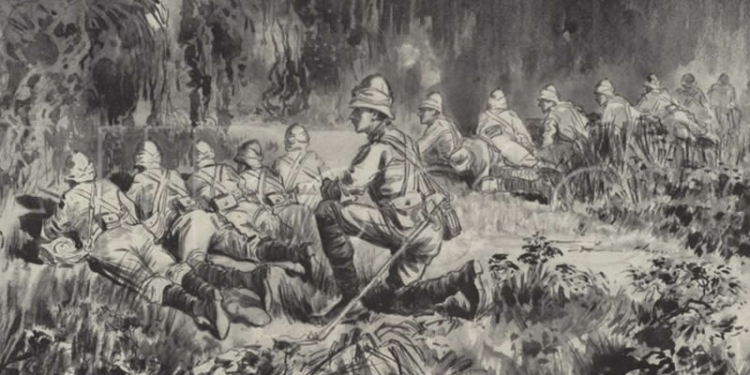

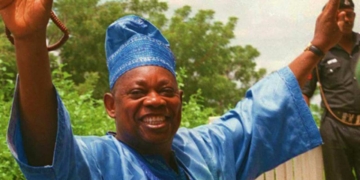

Discussion about this post